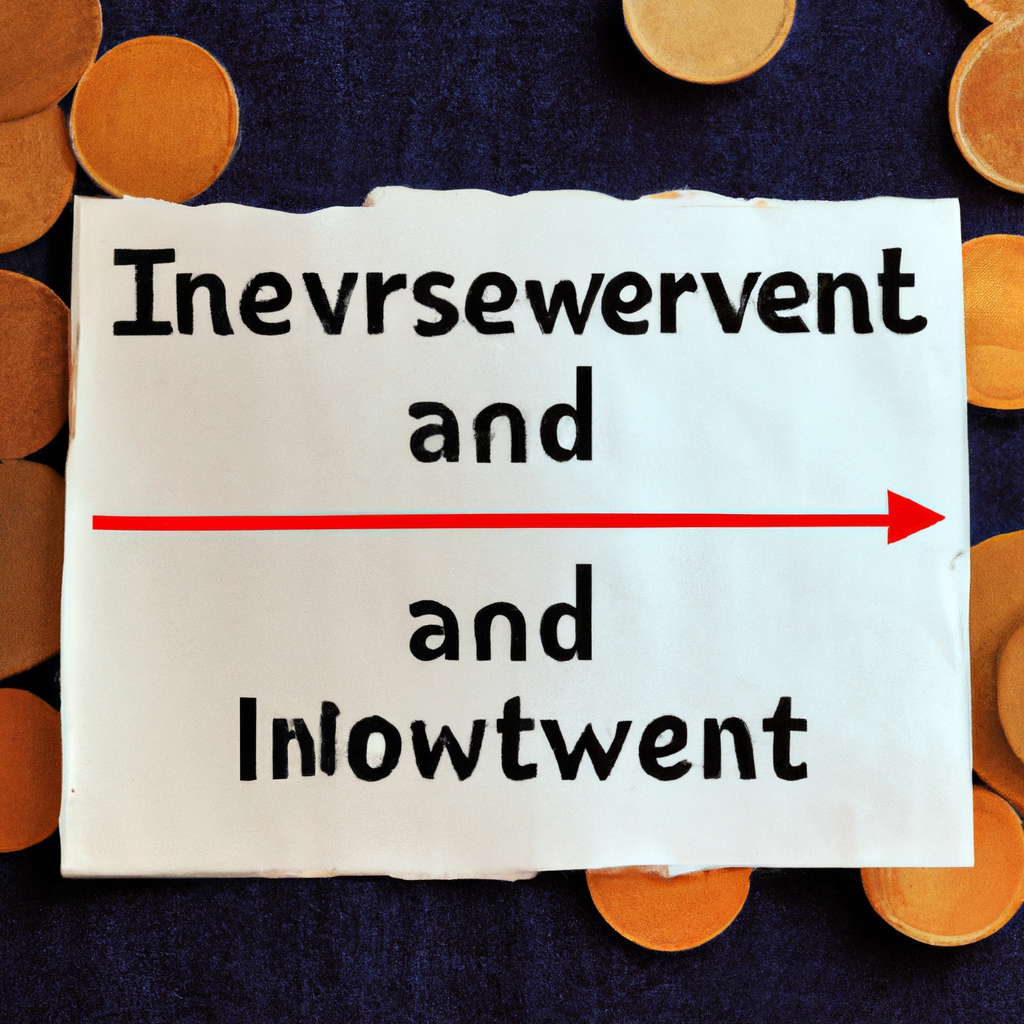
How to Invest During Economic Downturns
Introduction
During economic downturns, many investors tend to panic and make hasty decisions that can have negative consequences on their investments. However, with the right strategy, it is possible to not only weather the storm but also capitalize on the opportunities that arise during these challenging times.
Assessing the Situation
Evaluate Your Risk Tolerance
Before making any investment decisions during an economic downturn, it is important to assess your risk tolerance. Consider your financial goals, time horizon, and comfort level with volatility. This will help you determine the appropriate level of risk for your investment portfolio.
Analyze Market Trends
Take the time to analyze market trends and economic indicators to understand the current state of the economy. Look for sectors that are likely to perform well in a downturn, such as healthcare, consumer staples, and utilities. Avoid sectors that are heavily reliant on discretionary spending, such as travel and leisure.
Investment Strategies
Diversification
Diversification is key to managing risk during economic downturns. Spread your investments across different asset classes, industries, and geographic regions to reduce the impact of market volatility on your portfolio. Consider investing in defensive stocks that are less sensitive to economic cycles.
Buy Low, Sell High
During economic downturns, stock prices are often depressed, presenting buying opportunities for long-term investors. Look for quality companies with strong fundamentals that are trading at a discount. Avoid trying to time the market and focus on the long-term growth potential of your investments.
Consider Alternative Investments
During economic downturns, alternative investments such as real estate, commodities, and precious metals can provide diversification and stability to your portfolio. Consider adding these assets to your investment mix to hedge against market volatility.
Risk Management
Stay Calm and Stay Invested
It can be tempting to panic and sell off your investments during an economic downturn, but this can lock in losses and prevent you from benefiting from the eventual recovery. Stay calm, stick to your investment plan, and avoid making impulsive decisions based on fear or market sentiment.
Review and Rebalance Your Portfolio
Regularly review and rebalance your investment portfolio to ensure that it remains aligned with your financial goals and risk tolerance. Consider adjusting your asset allocation and investment strategy based on changing market conditions and economic outlook.
Conclusion
Investing during economic downturns requires a disciplined approach and a long-term perspective. By assessing the situation, implementing sound investment strategies, and effectively managing risk, investors can navigate through challenging times and position themselves for future growth and success.






